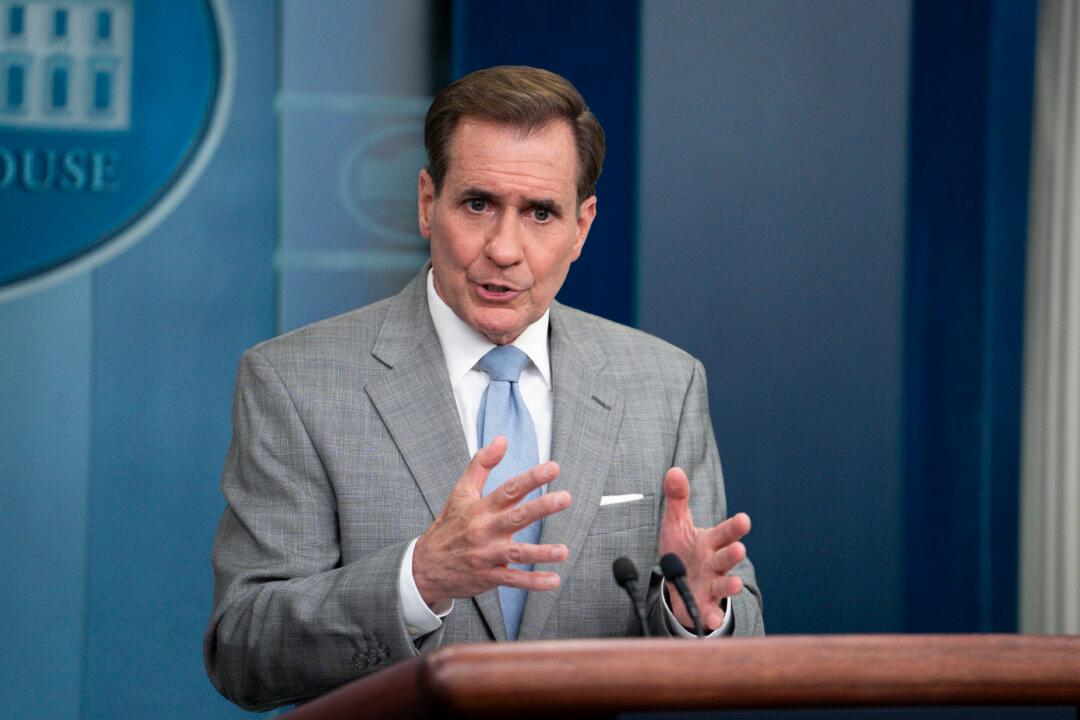The United States has confirmed that it will place restrictions on what Iranian actors can do with billions of dollars of funds that would be unfrozen under an emerging agreement that has led to five Americans being released from prison to house arrest in Tehran.
White House National Security Council spokesman John Kirby told reporters on Aug. 11 that the country would have “full visibility” into where any released Iranian funds get sent and how they’re used.




